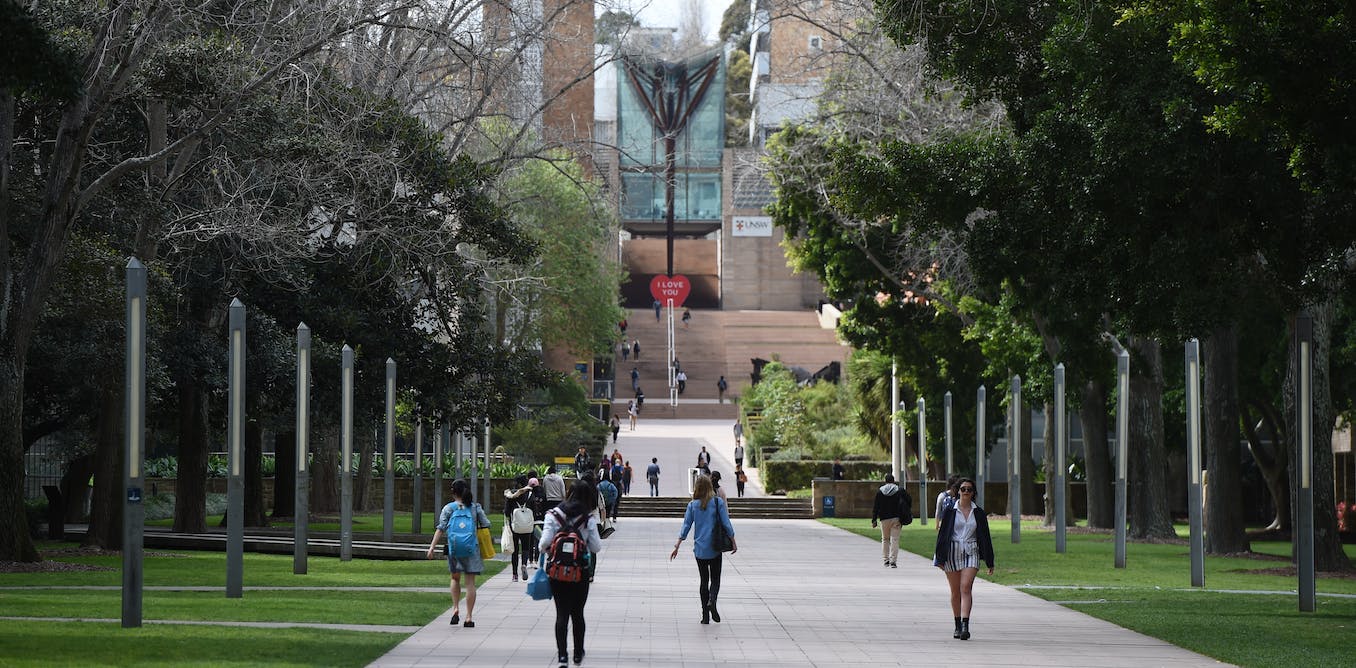COVID-19 has meant international students have been unable to arrive in Australia to commence their studies, devastating one of our most profitable sectors.
We’re joined in this podcast by Phil Honeywood, CEO of the International Education Association of Australia to talk about the impact of the pandemic on universities, students, and the economy – and the way forward.
Honeywood says the data shows many international students have voted with their feet and given up their Australian courses to study elsewhere – Britain, Canada, and now even United States under Joe Biden’s more open door policy.
“For example, UK university international student enrolments are up over 30% year on year. […] They’re recruiting full fee, paying international students at Australia’s expense, and we lose enormous market share to those countries because they’ve kept the doors open largely throughout the pandemic.”
“And as we know, that has also reverberated across our agriculture, horticultural and hospitality sectors in our economy who’ve relied very heavily on international students to fill the low skilled jobs.”
One problem in restarting the industry is what Honeywood calls a “pass the parcel syndrome”.
“On the one hand, the federal government say, yes state government can be masters of their own destiny and put up a student return plan which the federal government endorsed. On the other hand, when it looked as though we’re going to have large numbers of international students coming back in one state, the federal government remind everybody that no, actually they control Border Force. They control visa entry into the country and they will choose to tell the state to get back to its box.”
Honeywood criticises the Home Affairs Department for being unwilling to endorse student visas for Africans. These students go to the Uk in “the tens of thousands” but “our Home Affairs Department who issue student visas […] seem to prefer to just say no to African students”.
Honeywood also says “it’s really important to understand the motivation of young people who want to study in another country. For many of them, it’s a chance to obviously explore their own personality, to prove their resilience.”
A report released this week by the International Education Association of Australia titled ‘Student Voices’ found that “the appetite for face-to-face study in Australia is a primary driver”.










